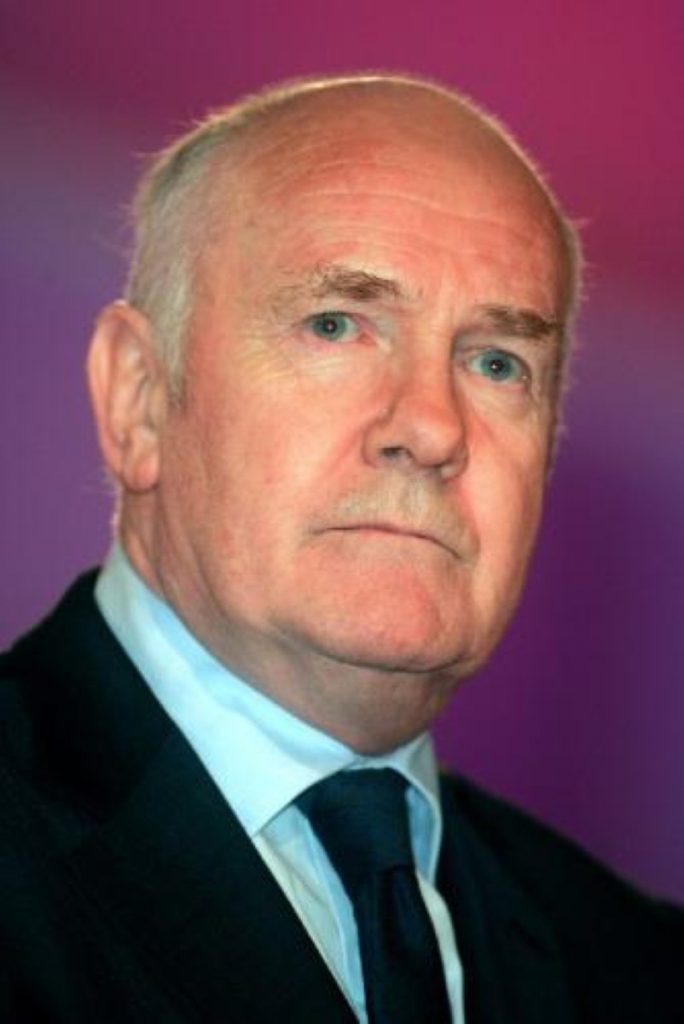EU ministers agree common effort against terrorism
European governments must coordinate their efforts to tackle terrorism if they are to be effective, the home secretary urged EU ministers today.
John Reid said this morning’s meeting of interior ministers and EU Commission officials in London “symbolises our keenness to stand together in the face of that threat”.
Speaking at a press conference afterwards, the interior minister of Finland – which holds the EU presidency – also stressed that Europe must stand together against terrorism.
“When we met at the council of ministers on July 13th last year, after the terror attacks in London, we came to the conclusion that a united Europe will win the battle with terrorists. This is still our greatest asset,” Kari Rajamaki said.


The meeting was called in the wake of the security alert at UK airports last week, in which police thwarted an alleged plot to blow up transatlantic flights, and included representatives from the EU, France, Germany, Finland, Portugal and Sweden.
Speaking to reporters afterwards, Mr Reid said they had agreed “practical” measures to tackle terrorism, which ranged from improving the exchange of intelligence to tightening airport security, shutting down radical websites to investigating new types of explosives.
It was critical that the tough new measures imposed on UK airports were extended across the EU, he said: “We don’t want to be in a position where terrorists feel if it’s difficult to get through checks in London, then they might be able to go to Frankfurt or Paris.”
The EU’s justice commissioner, Franco Frattini, said he would be drawing up plans in the next few weeks to better share passenger information, including biometric data such as iris scans and fingerprints, among member states and other international allies.
He also announced his intention to draw up “concrete proposals” on the detection of explosives, in particular those in liquid form. It is thought the people behind the alleged UK plot were planning to use liquid explosives.
New research will also be commissioned into this area, Mr Frattini said, admitting that explosives “are an area of particular vulnerability” for EU states, despite the success of the UK security services in foiling the alleged plot.
The EU ministers also today agreed to speed up the adoption of existing counter-terrorism measures, including plans to improve the exchange of intelligence between law enforcement agencies across the continent – the so-called principle of availability.
Intelligence agencies would be meeting later this month, they said, to share information about the recent threat to the UK. French interior minister Nicolas Sarkozy also suggested the possibility of setting up counter-terrorism “expert teams” to deal with future threats.
Today’s meeting also addressed the issue of radicalisation of young Muslims in Europe, and Mr Frattini raised the prospect of training imams at a European level.
Mr Reid concluded: “Protecting our citizens is the first priority of any state, but we must not allow terrorists to undermine the common EU values that bind us and make us strong.
“As we face the threat of mass murder, we must accept that the rights individuals enjoy must be balanced with collective security and the protection of life.”

